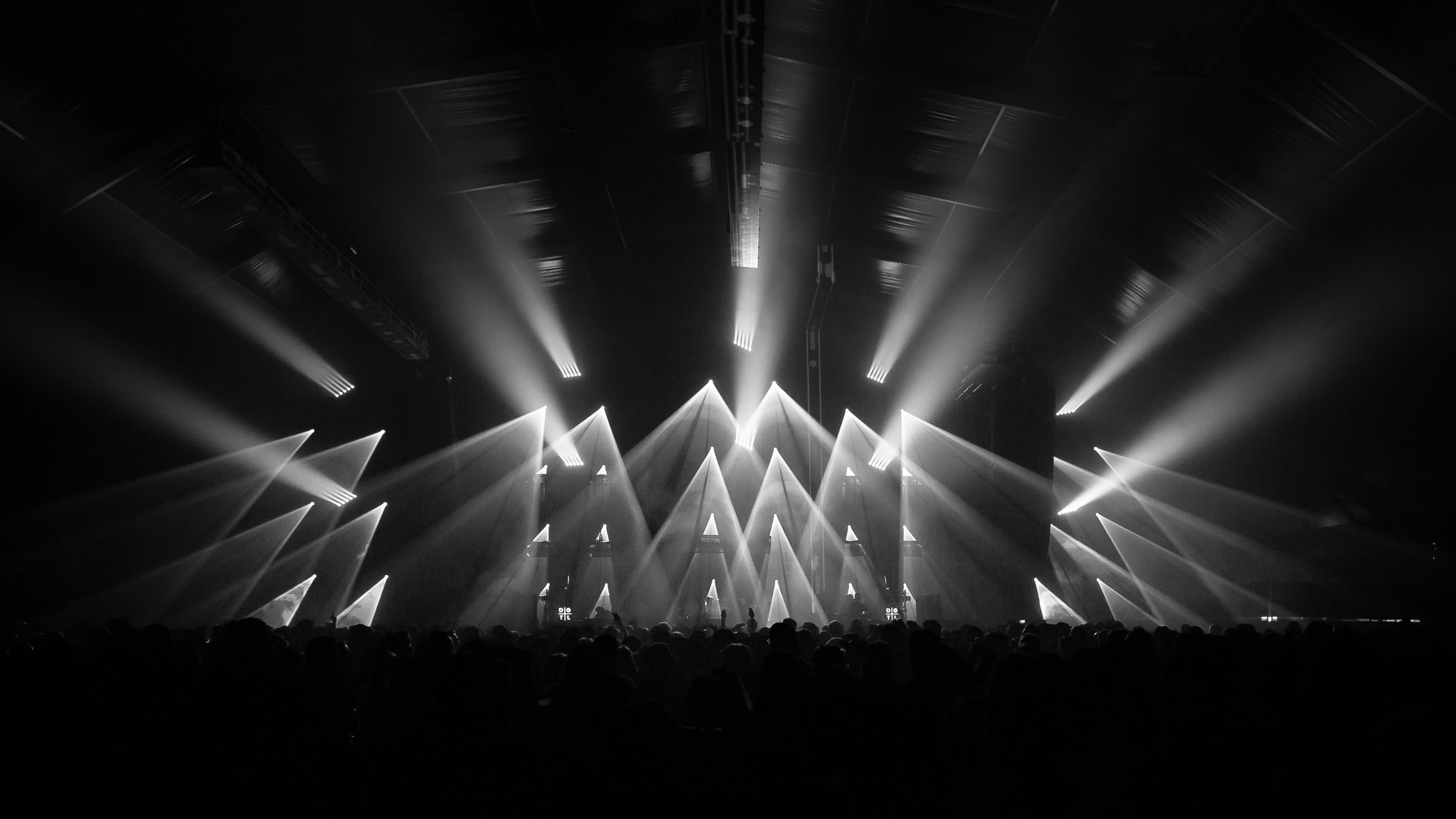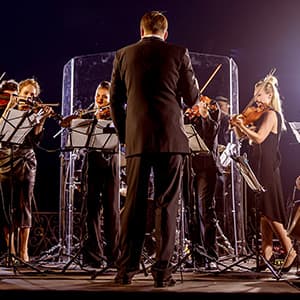

Mozart And Mahler Tickets
Up to 30% Off Compared to Competitors.
Location: Select Location (e.g, New York)
Events Nearby
We're Sorry. There are currently no events near you.
About Mozart and Mahler
In recent years, both Mozart and Mahler have seen a resurgence in concert performances, with orchestras worldwide dedicating entire seasons to their music. Major symphony orchestras frequently feature Mozart’s symphonies and concertos, highlighting his genius through various interpretations and arrangements. Events such as the Salzburg Festival continue to celebrate his legacy, attracting audiences with performances of his operas and orchestral works. Meanwhile, Mahler’s symphonies have gained immense popularity, often performed in large-scale concerts that showcase the full capabilities of modern orchestras. Conductors like Gustavo Dudamel and Riccardo Chailly have brought fresh interpretations to Mahler’s works, drawing in both seasoned concertgoers and new audiences. Festivals dedicated to Mahler, such as the Mahler Festival in Amsterdam, further spotlight his compositions, emphasizing their relevance in today’s musical landscape. The intersection of these two composers can also be seen in programming that juxtaposes their works, allowing audiences to experience the evolution of orchestral music from the Classical to the Late Romantic period. The ongoing celebration of both composers in concert halls around the world underscores their timeless appeal and the enduring impact they have had on the world of live performance.
Mozart and Mahler History
Wolfgang Amadeus Mozart, born in 1756, was a prolific composer whose works laid the groundwork for classical music. He began performing in public as a child prodigy, showcasing his extraordinary talent on the violin and keyboard. Mozart's concerts were characterized by their innovative structures, intricate melodies, and emotional depth. He composed over 600 works, including symphonies, operas, and chamber music, many of which have become staples in concert repertoires around the world. His concertos, particularly for piano and orchestra, revolutionized the form and continue to be performed in concert halls globally. Gustav Mahler, a later composer born in 1860, was also significantly tied to the concert scene, known for his symphonic works that expanded the size and scope of orchestras. Mahler’s symphonies are often seen as monumental, both in their emotional breadth and in their orchestration. He regularly conducted concerts, bringing his own compositions to life and influencing the interpretation of classical works. Mahler’s emphasis on the human experience and the existential themes in his music resonates deeply with audiences, leading to a resurgence in the performance of his work during the 20th century, particularly in the context of concert programming.
